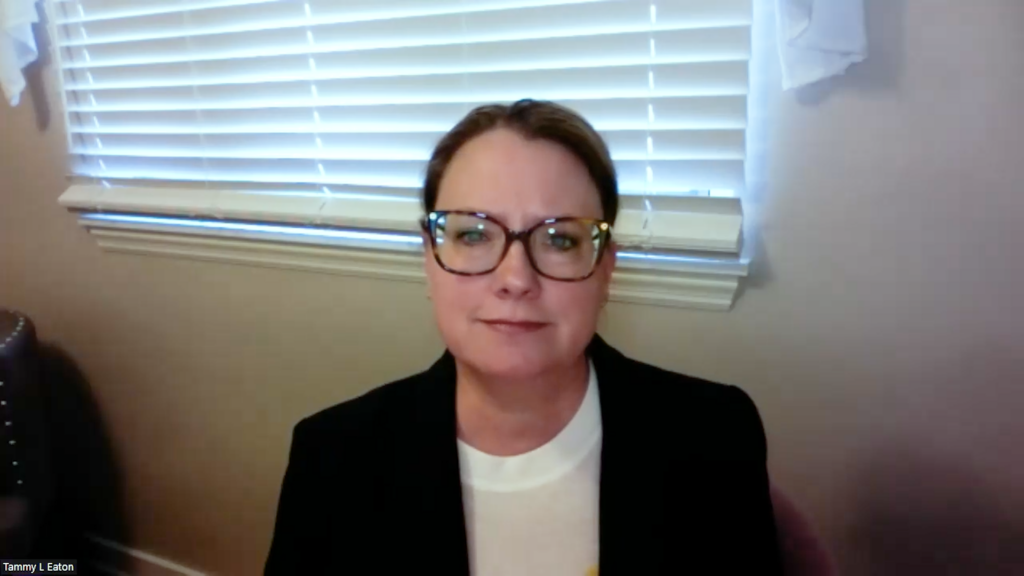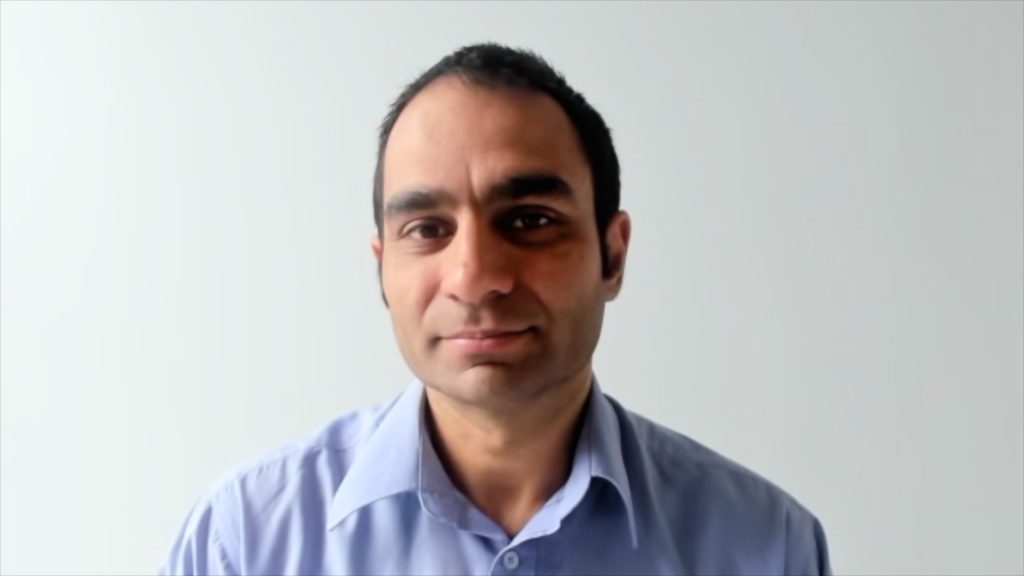As we observe World Lung Day, it is crucial to reflect on the escalating impact of respiratory diseases across the globe. Chronic respiratory diseases — including chronic obstructive pulmonary disease (COPD), asthma, lung cancer, pulmonary hypertension, obstructive sleep apnea, and others — continue to rank among the leading causes of morbidity and mortality worldwide. The World Health Organization’s latest data underscores the persistence of the global respiratory crisis:
- Asthma, the most prevalent chronic disease among children, affected approximately 262 million people in 2019, resulting in 455,000 deaths.
- COPD stands as the third leading cause of death and the seventh leading cause of disability worldwide.
- Tuberculosis remains the second deadliest infectious disease, claiming 1.3 million lives in 2022.
- Lung cancer continues to lead in cancer-related deaths globally, with the highest mortality rates observed in both men and women.
- The COVID-19 pandemic has further exposed health inequities, particularly within racial and under-resourced communities, exacerbating morbidity and mortality rates.
While chronic respiratory diseases affect populations worldwide, their burden is disproportionately felt in low- and middle-income countries (LMICs). Economic disparities in these regions result in inadequate healthcare resources, leading to underdiagnosis and insufficient treatment of respiratory conditions. According to WHO, most asthma-related deaths occur in LMICs, where nearly 90 percent of COPD deaths among individuals under 70 years old are reported.
One of the predominant causes of chronic respiratory diseases is poor air quality. As a pulmonologist specializing in COPD, I have witnessed firsthand the detrimental long-term effects of air pollution on respiratory health. World Lung Day serves as a vital platform to acknowledge the global burden of respiratory diseases and emphasize the urgent need for advocacy, research, and education.
 Air Pollution: The Invisible Threat
Air Pollution: The Invisible Threat
Globally, an overwhelming majority of people (9 out of 10) breathe air that surpasses WHO’s air quality limits, with an estimated 7 million people succumbing each year to diseases caused by fine particulate matter infiltrating the lungs and cardiovascular system. In 2019, ambient air pollution was responsible for 4.2 million premature deaths globally, making it one of the most significant environmental health hazards. By reducing air pollution levels, countries can significantly lower the incidence and disease burden of stroke, heart disease, lung cancer, and both chronic and acute respiratory illnesses.
The impact of air pollution is even more severe in LMICs, where inadequate resources exacerbate respiratory health burdens. Often, these nations lack the necessary infrastructure and regulatory frameworks to effectively monitor and manage air quality. According to WHO, 89 percent of premature deaths attributed to ambient air pollution occur in LMICs, with the most significant impacts seen in Southeast Asia and the Western Pacific. Addressing air pollution in these regions is imperative for achieving global health equity and improving respiratory health outcomes. Prioritizing clean air and reinforcing environmental health policies are critical steps toward reducing the incidence of CRDs and ensuring a high quality of life for all.
Advocacy for Clean Air and a Sustainable Climate
The ATS advocacy team has been pivotal in supporting recent U.S. legislative measures aimed at tackling air pollution and climate change. In 2024, the current U.S. Administration implemented important rules:
- Lowering the annual Particulate Matter PM2.5 standard to 9 µg/m³, marking a significant advancement in air quality.
- Introducing new regulations to curb greenhouse gas emissions from coal and gas power plants, thereby advancing climate change mitigation efforts.
- Addressing fugitive methane emissions from oil and gas wells, curbing a potent short-term greenhouse gas and the associated health risks from ozone.
- Implementing stricter tailpipe emission standards for future model-year cars and trucks to benefit both climate and air quality.
ATS continues to advocate for several ongoing initiatives:
- California Zero Emission Fleet: Awaiting EPA approval for California’s mandate for zero-emission vehicles by 2035.
- OSHA Heat Standard: Supporting a proposed rule to establish the first-ever heat exposure standard for workers, addressing climate-related health impacts.
ATS Global Health Initiatives
In addition to advocacy, research and education are fundamental in developing effective interventions and empowering communities with the knowledge and resources necessary to reduce the burden of respiratory illnesses. Recognizing this need, the American Thoracic Society established the Methods in Epidemiologic, Clinical, and Operations Research (MECOR) program in 1994, dedicated to advancing research skills in LMICs in the fields of pulmonary, critical care, and sleep medicine. Many MECOR projects focus on air pollution and underscore the importance of clean air for a healthier life, aligning with the ATS mission of helping the world breathe.
Since its inception 30 years ago, MECOR has transformed the lives of over 2,500 students, including 315 students in 2024 alone.
This year, ATS member Sonia Buist, MD, a past president of the ATS and the founder of the MECOR program, made a landmark donation of $400,000 to the Society, making her the largest lifetime donor in ATS’s 125-year history. Dr. Buist’s generous contribution will fund the Women’s Leadership Training Program in Africa, a new initiative in collaboration with the Pan African Thoracic Society (PATS). This program aims to empower female leaders in Africa by building on MECOR’s success to strengthen healthcare systems through research and development and fostering networking and collaboration.
Join Us in the Fight for Global Lung Health
This World Lung Day 2024, I urge each of you to unite in ensuring that respiratory health is recognized as a fundamental human right:
- Raise awareness about air pollution, the silent killer, and its profound impact on long-term respiratory and overall health.
- Advocate for stronger regulations and policies to improve air quality.
- Support global health initiatives like MECOR to help alleviate the health burden in LMICs and foster equity in respiratory health leadership.
At the American Thoracic Society, we are unwavering in our commitment to helping the world breathe through advocacy, research, and education. Let us come together on World Lung Day to ensure that no one is left behind in the battle against respiratory diseases. Together, we can make a difference and help the world breathe.
Learn more about World Lung Day 2024.
Disclosures: This short article was provided by the American Thoracic Society in support of World Lung Day 2024.
Looking for more content on lung heath? Take a look at our recent articles, videos and education.








